
March 01, 2023
We Don't Need A Morgan Stanley Economist On The Fed
The conflict of interest here would be self-evident.
September 23, 2022 | Revolving Door Project Substack
Hack Watch: So About Those Rate Hikes...
Few of the pundits who sprang to Jerome Powell’s defense last year have acknowledged that their analysis was exactly wrong.
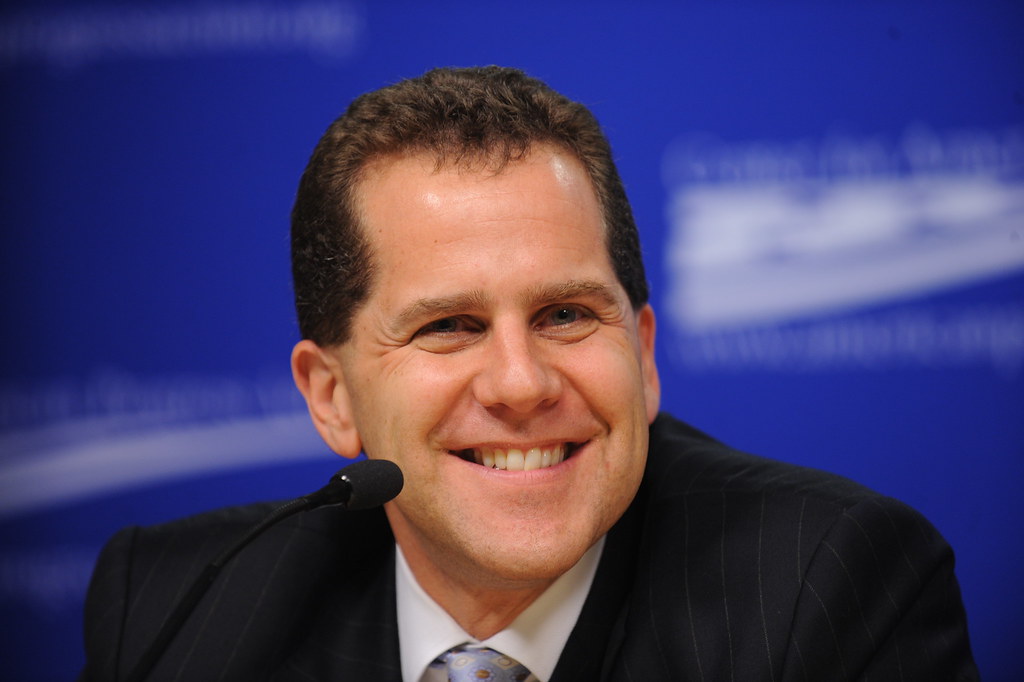
May 16, 2022
Barr’s Stakes In 80+ Fintech Firms Raise Crypto And Consumer Protection Concerns
Most of Barr’s holdings are in firms backed by Nyca Partners, a fintech-focused venture capital fund built by Wall Street and Silicon Valley veterans which Barr has advised for years.
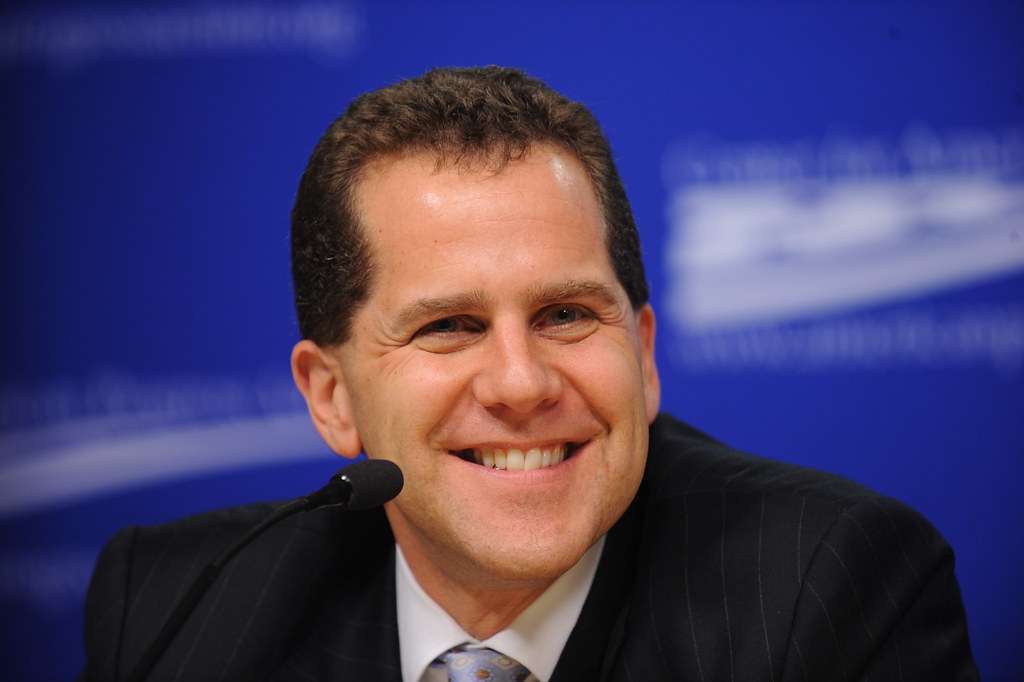
April 14, 2022
Blog Post CryptocurrencyEthics in GovernmentFederal ReserveFinancial RegulationFintechRevolving Door
Michael Barr is the Wrong Man to Stop the Next Financial Crisis
Over a decade after the financial crisis, few would still dispute that the revolving door between financial regulators and the financial industry helped pave the way for economic disaster. In the years preceding the crash, regulators who came from the country’s largest banks and planned to promptly return to them, removed regulatory restraints and turned a blind eye to the predictably dangerous effects (see, e.g. Robert Rubin and Alan Greenspan). In the next administration, different regulators drawn from the same well let the fraudsters off the hook and left the working people who had fallen victim to them out to dry.
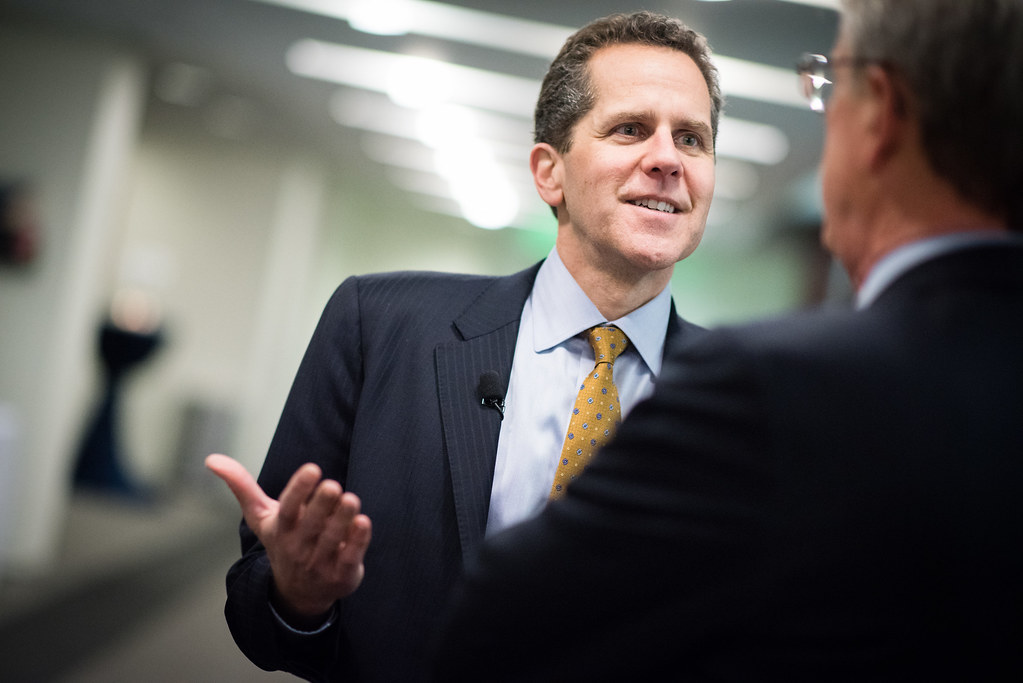
April 12, 2022
Want To Show That Dems Have Learned Nothing Since 2008? Give Michael Barr A Fed Seat
“Michael Barr was too close to fintech and cryptocurrency schemers to be the Comptroller of the Currency, and he is still too close to them to be Vice Chair for Supervision.”
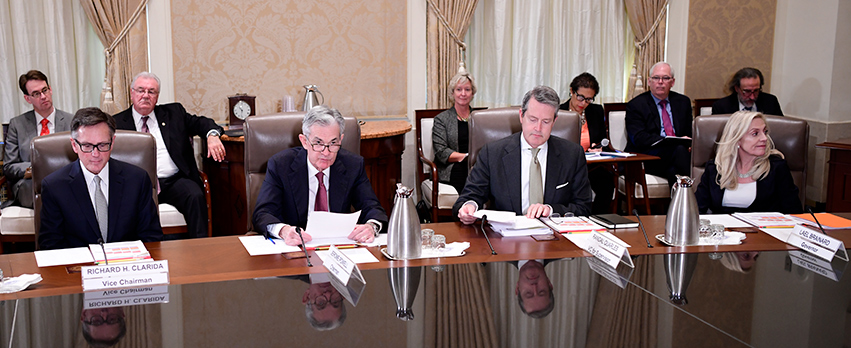
April 06, 2022
Congress Should Heed the Lessons from the Federal Reserve's Ethics Scandals
After a stream of stories throughout the pandemic revealed seemingly rampant congressional insider trading, laughable disclosure practices, and nonexistent enforcement, Congress appears finally to be feeling the pressure to clean up its act. In recent weeks, lawmakers have introduced a flurry of new bills to limit conflicts of interest and help restore public trust in our governing institutions.
As they begin to forge a piece of consensus legislation, they should consider that members of Congress were not the only political leaders to violate public trust throughout the pandemic period. The trading scandals within the Federal Reserve system, for example, revealed material ethical deficiencies that have yet to be satisfactorily addressed. It’s important to recognize that these deficiencies are not unique to the Federal Reserve and that they represent an ongoing threat to public trust in other powerful corners of the executive branch as well. To rebuild that trust in government, lawmakers must learn the lessons of the Federal Reserve scandals and develop fixes for these deficiencies there and elsewhere.
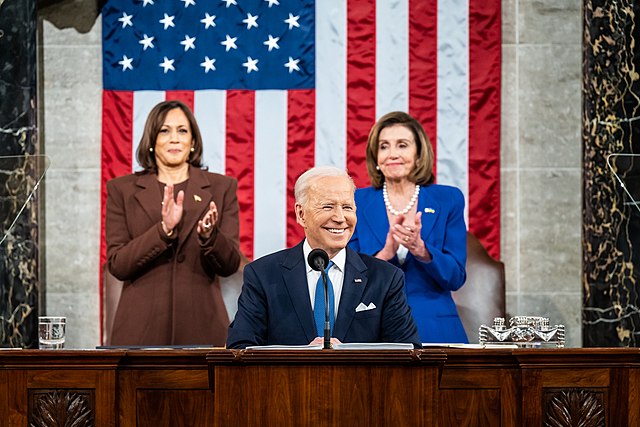
March 02, 2022
Dylan Gyauch-Lewis Max Moran Toni Aguilar Rosenthal
Blog Post Corporate CrackdownEthics in GovernmentExecutive BranchFederal ReserveFinancial RegulationIntellectual PropertyRevolving DoorTech
What Can Biden Actually DO From His State Of The Union?
Biden is still married to reviving a long-lost vision of bipartisanship. Never mind that the same Republicans he’s desperate to welcome into the fold literally did not applaud the ideal of bipartisanship he is pushing.

February 01, 2022
The Chamber Of Commerce Gives Cover To Scared Wall Streeters
Quaadman’s letter is full of technical language and oozes elite respectability, but underneath all of the jargon, it’s just a bunch of Wall Street banks scared that someone might hold them to account.
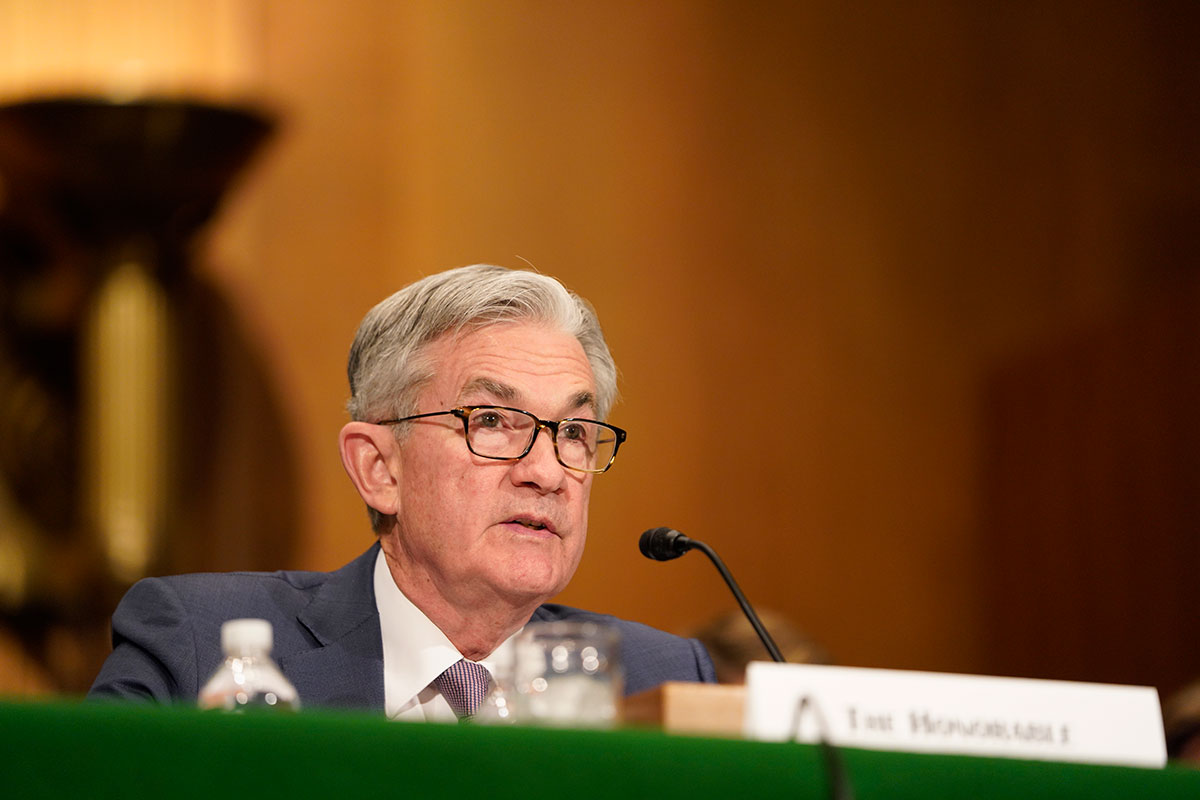
January 10, 2022
Letter Calls on Senators to Grill Powell on Fed Ethics Failures
In the fall of 2021, a series of trading scandals rocked the Federal Reserve and cast doubt on every aspect of its ethics program, from disclosure practices and vetting standards to enforcement mechanisms. The message to the public was clear: under chairman Jerome Powell, the Federal Reserve’s sole executive officer and the official to whom the institution’s staff reports, ethical conduct was not a priority. After initially brushing off the seriousness of these revelations, Powell seemingly sought to change that impression by instituting new ethics standards and launching an Inspector General’s investigation.
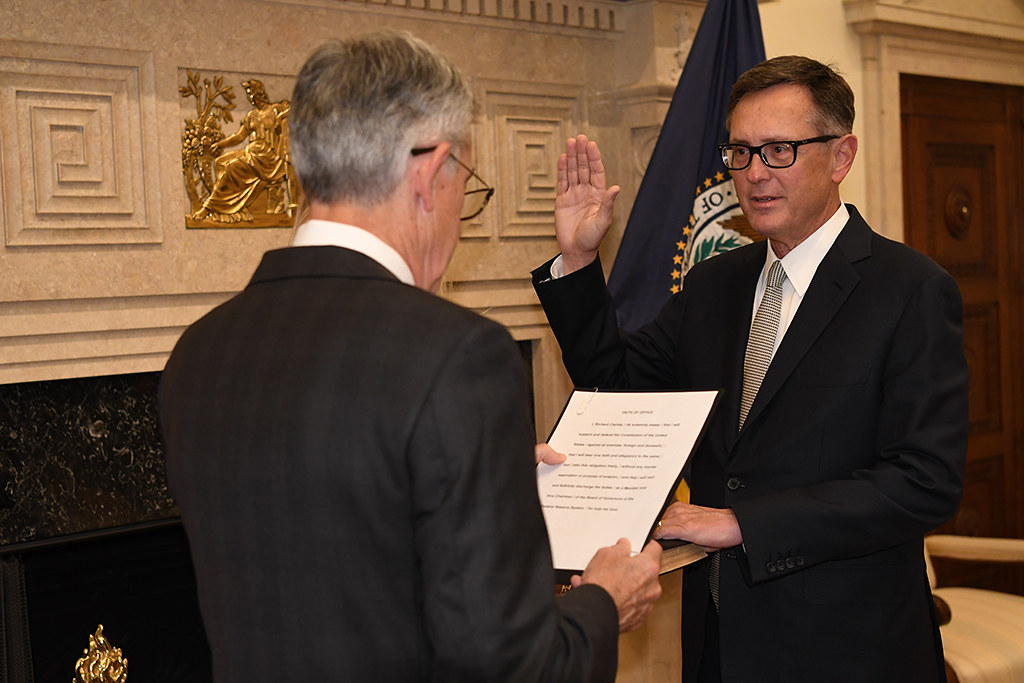
January 10, 2022
The Public Still Needs Answers About The Fed
Federal Reserve officials’ conduct has cast doubt on the institution’s credibility to provide these answers. It is, therefore, critical that members of the media and of Congress seek independent answers.
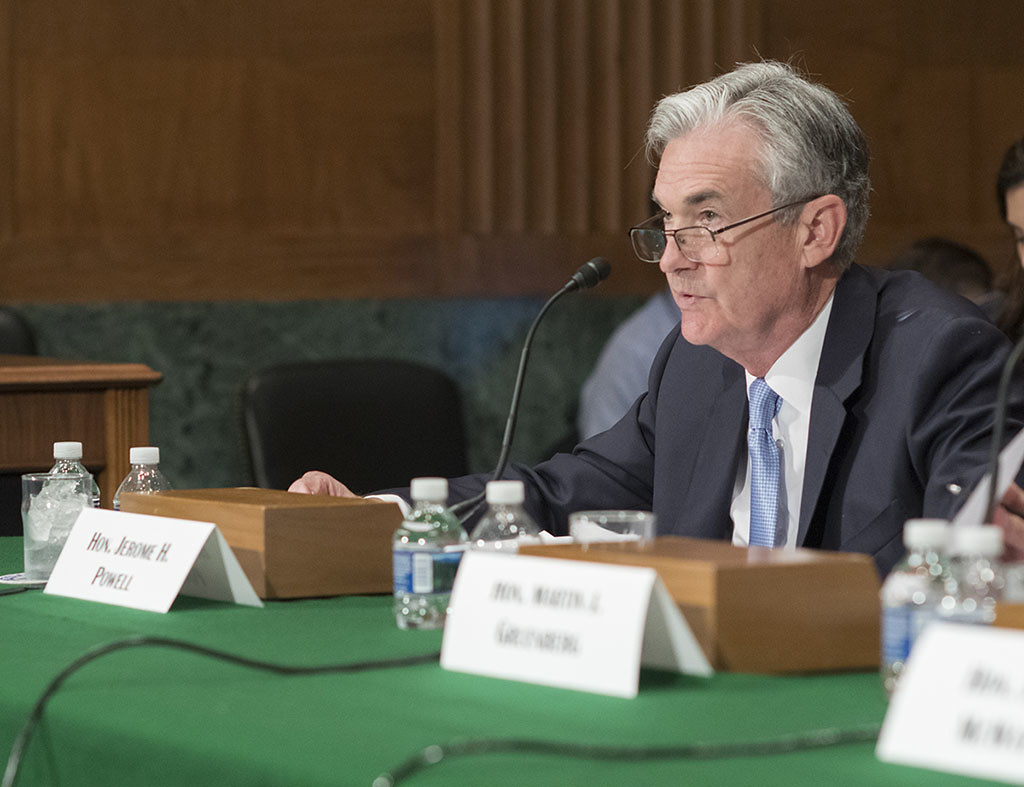
November 22, 2021
Press Release 2020 Election/TransitionClimate and EnvironmentEthics in GovernmentFederal ReserveFinancial Regulation
RELEASE: Revolving Door Project Criticizes Biden For Choosing To Own Ethics Scandals And Deregulation By Renominating Powell
“We are extremely disappointed to see Biden renominate Jerome Powell as Chair of the Federal Reserve Board. Biden’s endorsement of Powell’s deregulatory agenda will greatly harm American families. Biden has an ambitious and urgent agenda on climate, financial stability, and addressing racial and economic inequality. Powell as Chair of the Federal Reserve will make it more difficult for Biden to ultimately be a successful president. Today is a win for the conventional wisdom and Establishment and a defeat for the planet and Joe Biden’s ultimate legacy.”
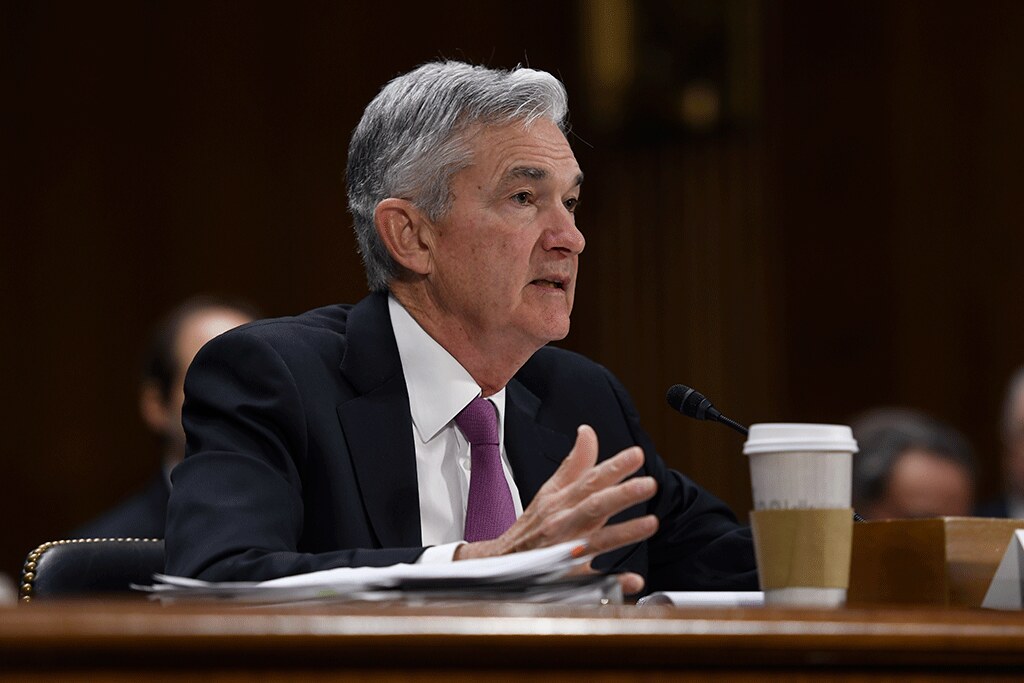
November 19, 2021
FOIA Response Suggests Fed's Powell Was Dishonest About Personal Ethics Signoff
An inquiry from the Revolving Door Project has revealed the absence of any records of any communications of any kind between Powell and the Office of Government Ethics,

November 17, 2021
Newsletter Climate and EnvironmentDepartment of JusticeExecutive BranchFederal ReserveIndependent AgenciesTreasury Department
After Infrastructure Week
Congressional selfies and self-congratulations inaugurated the week, but a lot of hard work remains to translate the Infrastructure Investment and Jobs Act’s (IIJA) policies into real-life results. Given that those policies are (generously) middling and that the most promising ones are underfunded, turning these into winning programs will demand energy, creativity, competence, and a strong commitment to the public interest.

November 16, 2021
Powell Held No Meetings With Labor, But Plenty With Wall Street, Through Biden Term
Powell did not meet with any non-governmental individuals who are not members of or aligned with the financial industry. This stands in stark contrast to Powell’s predecessor, Janet Yellen, who is now the Secretary of the Treasury.
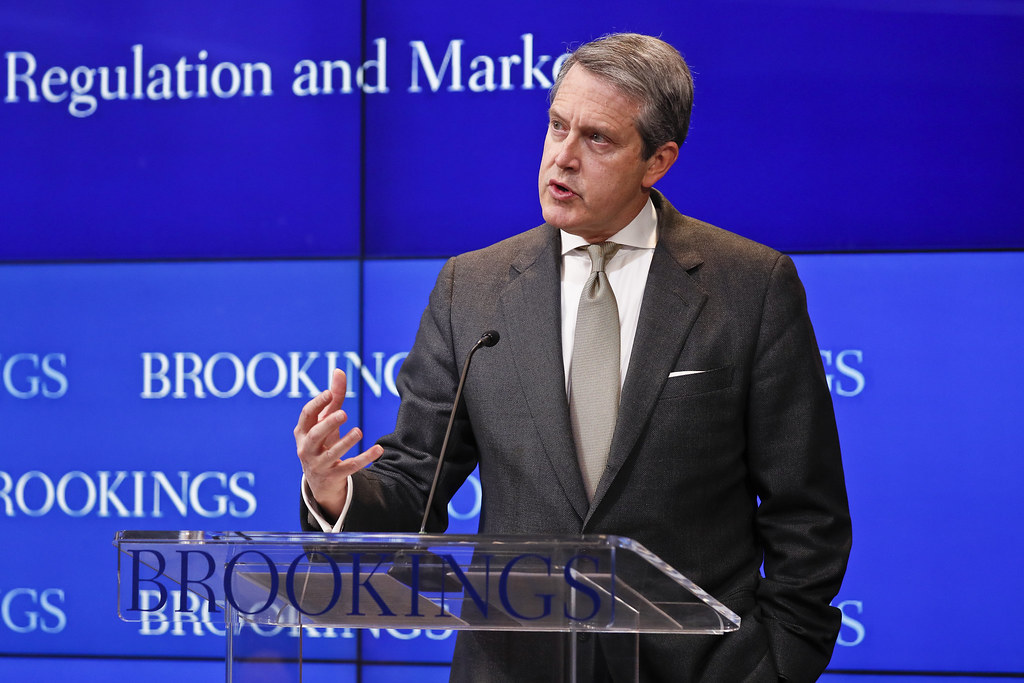
November 08, 2021
Quarles' Resignation Alone Won't Change The Fed's Regulatory Status Quo
There is no assurance whatsoever that Quarles’ successor will have anything close to Quarles’ own power, should Biden refuse to nominate a new Federal Reserve Chair.
